Kenyan Community in Baltimore Holds Annual Gathering Despite Immigration Anxieties
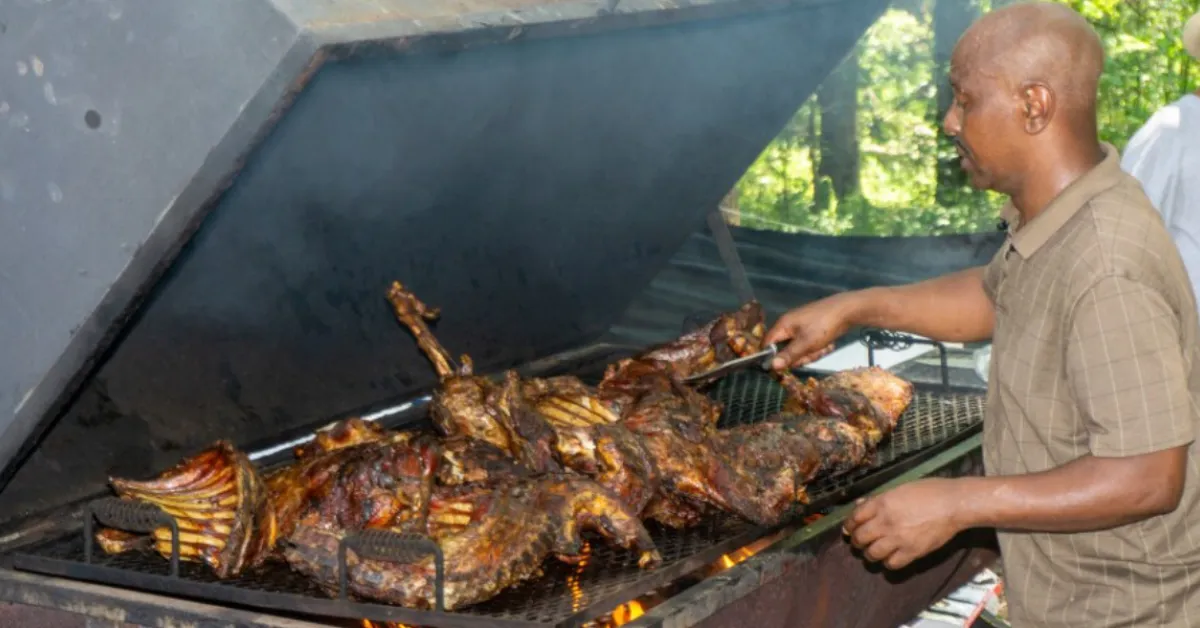
The annual Kenyan cookout, a three-decade-long tradition for Kenyan immigrants in the United States, recently took place, drawing hundreds from the Baltimore-Washington corridor.
This year's event, however, unfolded against a backdrop of cultural celebration intertwined with anxieties over immigration enforcement and political developments both in the US and Kenya. The cookout, held at Pavilion 3, has evolved from a small family gathering into a major cultural event, serving as a vital expression of East African heritage through food, music, and community spirit.
While previous years saw attendance figures as high as 3,000, this year's event drew approximately 1,200 attendees, a decline attributed to logistical challenges, summer travel, and, significantly, concerns about Immigration and Customs Enforcement (ICE) activity. Rumours of potential ICE presence circulated in the days leading up to the event, prompting anxiety among attendees. Despite no confirmed ICE activity, the mere suggestion was enough to deter many.
Warigia Wanjihia shared a sentiment echoed by others, saying, "Actually, one of my friends sent me a message and said ICE people were here. So there's a lot of fear."
Even the presence of consular staff offering passport renewals and other services did little to assuage the unease. Mugo Gachucha, a long-time organiser, acknowledged the prevailing tension, noting, "I think people are scared of reproach. There's a lot of uncertainty."
While diplomatic staff and their operations are protected under the Vienna Convention on Diplomatic Relations, which prohibits unauthorised entry by immigration agents, the perceived risk remained high for many families. Despite these challenges, organisers were determined to preserve the tradition, a vital expression of identity for the Kenyan diaspora.
Kiguru Kimani, the event's chairman, explained that preparations spanned several months and required navigating new bureaucratic demands. This year, the group was asked to provide additional infrastructure, including waste management services, sanitation facilities, and liability insurance, and was charged a higher fee after the event was reclassified as commercial, despite being hosted by a nonprofit organisation. A formal response from the Maryland Department of Natural Resources remains pending.
To reduce costs, organisers opted to source meat commercially rather than from their usual Pennsylvania slaughterhouse, resulting in a 50% saving. The culinary offerings remained deeply rooted in tradition. Military-sized grills lined the park, manned by volunteers searing goat meat, a staple of Kenyan celebrations.
"Culturally, an event or ceremony is not a ceremony without goat," Kimani explained.
No part of the animal was wasted; even the head and hooves were boiled into a nutrient-rich broth, served ceremonially to elders and new mothers.
“It’s full of iron and collagen. It gives you back your energy and makes you strong," said Susan Mosei, who, along with friends, ululated as steaming soup was poured into cups. "We're all over 50. How do we look?" she added with a grin.
Elsewhere, Peter Ndungu tended to ears of corn roasting over open flames, turning them with bare hands until they reached a golden hue.
"We started doing this way back in Africa, when we were growing up. It reminds us of home," he said.
For Ndungu, the act was more than culinary, it was a gesture of service and remembrance. The cookout's significance extends beyond food and festivity, serving as a cultural lifeline for a community navigating the complexities of dual identity.
"America has become our home," Mosei reflected. "We brought what we did from our country here, because it's a country of immigrants."
Organisers estimate that roughly 50,000 Kenyans reside in the Baltimore-Washington corridor, many of whom rely on such gatherings to maintain cultural continuity. This year's event also unfolded against a backdrop of political unrest in Kenya. June marked the one-year anniversary of mass protests against a controversial finance bill, which has since catalysed a broader youth-led movement challenging corruption and police brutality.
Human rights organisations, including Amnesty International and Human Rights Watch, have documented dozens of protest-related deaths. For diaspora communities, these developments reinforce the importance of cultural solidarity and civic engagement abroad. Local elected officials, including County Executive Kathy Klausmeier, Delegate Kim Ross, Senator Carl Jackson, and Councilman Julian Jones, were present at the event.

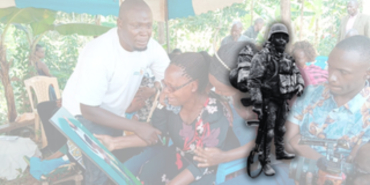



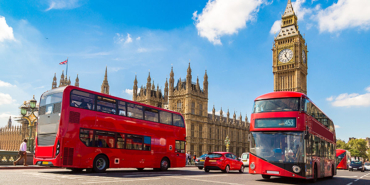
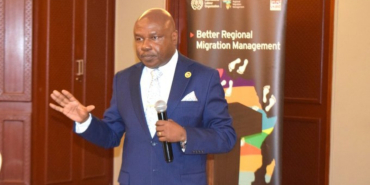
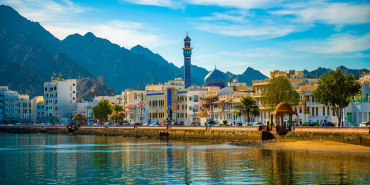

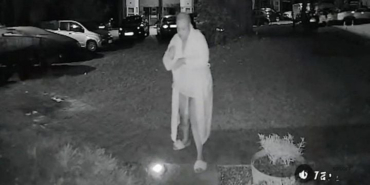




Add new comment